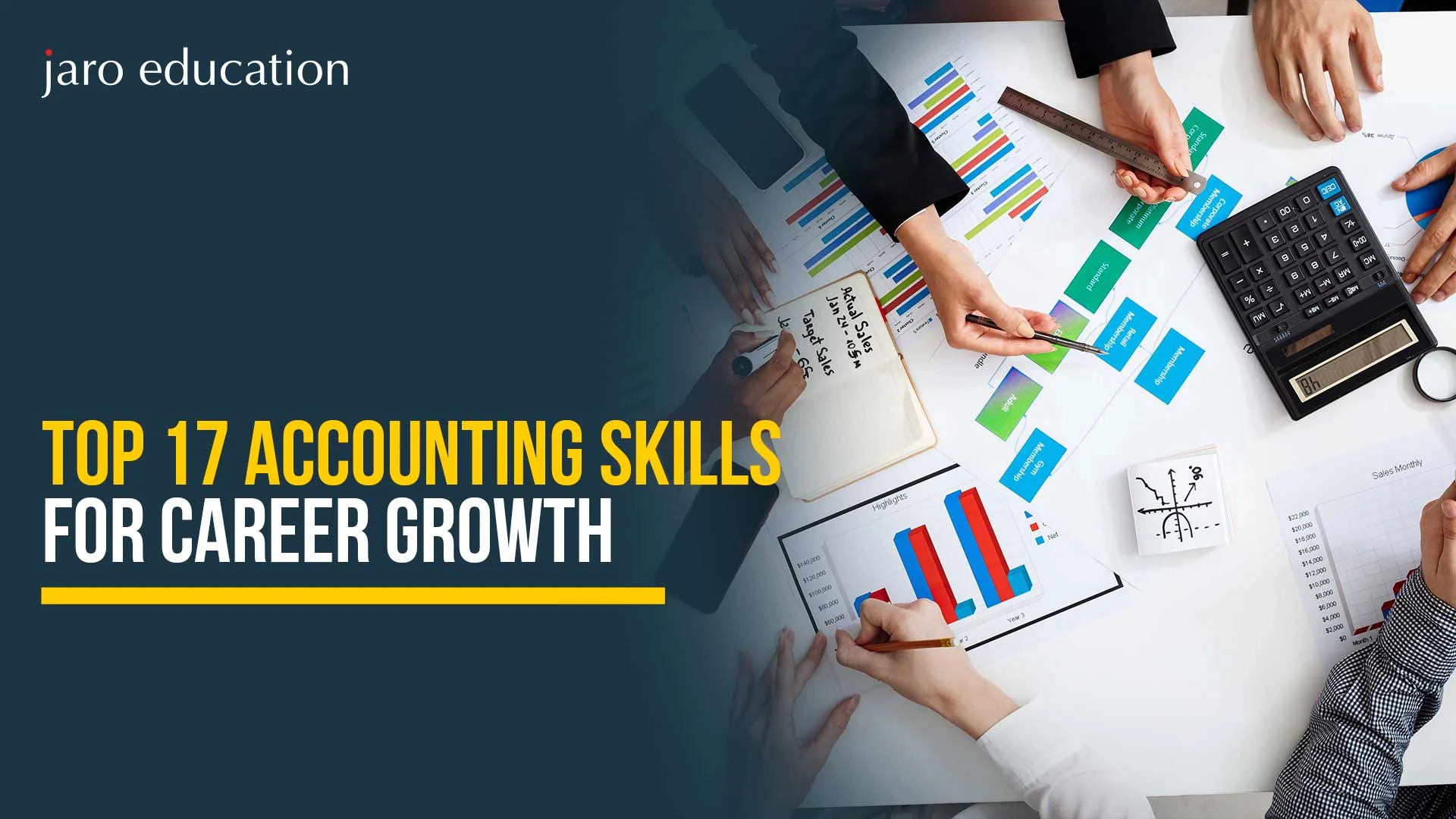Top 17 Accounting Skills for Career Growth

Table Of Content
- Different Types of Accounting and Finance Skills
- Tips to Prioritise Which Skills to Learn
- Conclusion
Different Types of Accounting and Finance Skills

Tips to Prioritise Which Skills to Learn
You can’t possibly master all 17 account manager skills at once. Getting to the next level means you need to prioritise:
- What your job needs: Which are the accounting skills that will make your day-to-day better and provide immediate value?
- What your future career path will require: If you want to get on a management path or FP&A path, you will need to work account manager skills such as forecasting, providing communicative and leadership skills.
- What the ‘market’ requires/value adds: In many ‘markets’, the ability to leverage data and automation (as well as ERP systems), is increasingly being demanded.
- What you’re excited about: You learn faster and enjoy the build more when you’re building something you’re genuinely curious about—so pick something you want to learn about.
Conclusion
You do not become a professional accountant in a day. This journey is just that, a journey. Each of the above mentioned accounting skills you learn brings something powerful: more confidence, more value, more opportunities! Think about a future where you are the trusted person to do the math AND explain the math; so used as a trusted advisor for a client. That could be you – if you wait to give yourself permission to grow!
So, if you want to learn accounting skills, start today with Jaro Education. We bring online certification programmes and degree courses such as MBA and B.Com, where you can develop strong accounting skills, master financial concepts, and prepare for a thriving career in the business world. With academic guidance, career counselling, and access to top institutions, Jaro Education is your partner in building a successful future in accounting.
Frequently Asked Questions
Accounting involves a lot of money, which means that even small mistakes can create huge hazards. Staying organised avoids mistakes, helps to meet deadlines, and makes any audits or reviews much easier!
Yes! Although the key skills for accountant are manual, most companies are currently using accounting tools like Tally, QuickBooks, or SAP. Learning to use them will help you be quicker, more accurate, and more valuable to potential employers.
You will improve attention to detail in accounting by double-checking your entries, taking short breaks to avoid fatigue, and developing the habit of taking the time to review reports closely.
Find a Program made just for YOU
We'll help you find the right fit for your solution. Let's get you connected with the perfect solution.

Is Your Upskilling Effort worth it?

Are Your Skills Meeting Job Demands?

Experience Lifelong Learning and Connect with Like-minded Professionals


